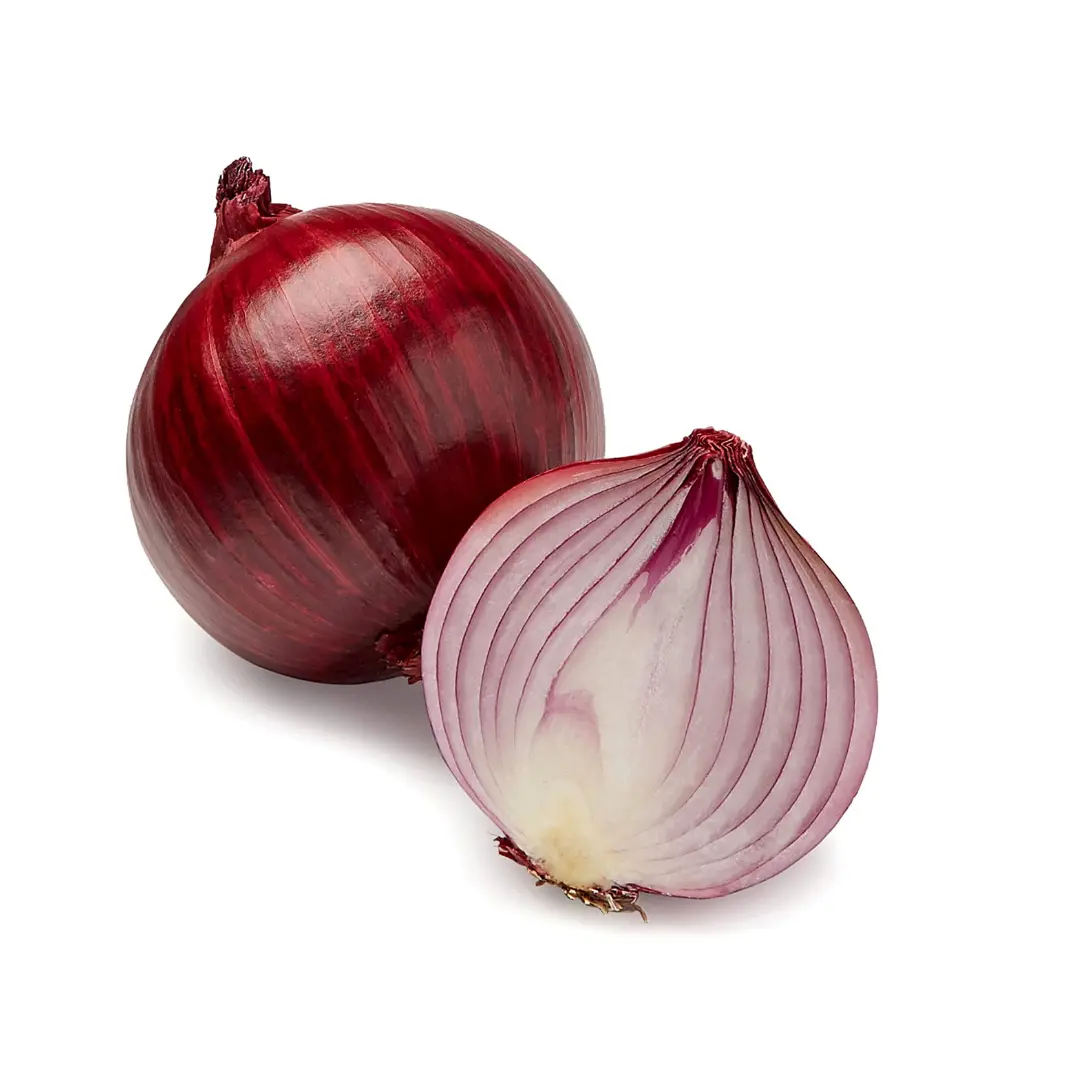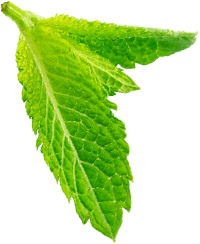Office No 1 & 2, Michael Apartment,Vasai West



Onion
Onions are pungent, versatile vegetables belonging to the Allium family. With various types like yellow, red, and white, they add distinct flavors to dishes.
Nutritional Values:
| 9.3 grams | Carbohydrates |
|---|---|
| 1.1 gram | Protein |
| 19 micrograms | Folate (Vitamin B9) |
| 7.4 mg | Minerals |
Description:
Onion (Allium cepa) is a widely cultivated and popular vegetable known for its pungent flavor and culinary versatility. With a rich history of human consumption dating back thousands of years, this plant belongs to the genus Allium, which includes various other edible plants like garlic, leeks, and shallots. Here is a comprehensive description of the onion:
-
Botanical Characteristics:
- Onion is a biennial plant that is primarily grown as an annual crop.
- It belongs to the Amaryllidaceae family and is classified as a bulb vegetable.
- The plant consists of underground bulbs that store nutrients and energy during the dormant phase.
- Onion leaves are long, slender, and hollow, emerging from the bulb's center.
-
Varieties:
- Onions come in numerous varieties, differing in size, shape, color, and flavor.
- Common types include yellow or brown onions, red onions, and white onions, each with unique culinary uses.
- Sweet onions, such as Vidalia and Walla Walla, are milder in taste and are often consumed raw.
-
Culinary Uses:
- Onions are an essential ingredient in countless savory dishes worldwide, adding depth and flavor to soups, stews, stir-fries, and sauces.
- They can be consumed raw in salads, sandwiches, and as a garnish for various dishes.
- When cooked, onions turn sweet and tender, providing a base for many traditional recipes.
-
Nutritional Value:
- Onions are low in calories and rich in essential nutrients.
- They contain vitamins such as vitamin C, vitamin B6, and folate, which are vital for overall health.
- Minerals like potassium and manganese are found in significant amounts in onions.
-
Health Benefits:
- Onions possess potent antioxidant properties due to compounds like quercetin and sulfur-containing compounds, which may help combat oxidative stress and inflammation.
- Studies suggest that regular onion consumption may have heart-protective effects by promoting healthy blood pressure and cholesterol levels.
- The prebiotic fiber in onions supports gut health by promoting beneficial gut bacteria.
-
Culinary Storage and Preparation:
- Onions should be stored in a cool, dry, and well-ventilated area away from direct sunlight.
- Before use, onions should be peeled and cleaned to remove any dirt or outer layers.
- To reduce the pungency, soak sliced onions in cold water or lightly sauté them before adding to dishes.
-
Cultural Significance:
- Onions have historical significance in various cultures and cuisines worldwide.
- They feature in traditional dishes from Asian, European, Middle Eastern, and Latin American cuisines.
- Onion festivals and celebrations exist in different regions, showcasing the vegetable's importance in local culture.
In conclusion, onions are not only a staple in the culinary world but also offer a plethora of health benefits. Their distinctive flavor and versatility make them a fundamental ingredient in many global cuisines. Whether raw, cooked, or preserved, onions remain a beloved and valuable addition to various dishes, contributing to the rich tapestry of human gastronomy.
Additional Information
Onions (Allium cepa), widely recognized for their pungent taste and culinary significance, belong to the Amaryllidaceae family and are cultivated worldwide as a biennial plant. These bulb vegetables come in diverse varieties, including yellow, red, and white onions, each lending its distinct flavor and character to dishes. Rich in essential nutrients like vitamin C, vitamin B6, and folate, onions offer health benefits through their antioxidant compounds, such as quercetin and sulfur-containing compounds.
From classic soups and stews to fresh salads and salsas, onions play a crucial role in a myriad of savory dishes across global cuisines. Their cultural significance is profound, as they have been a part of traditional recipes and celebrations for centuries. Stored properly and prepared with care, onions continue to be a cherished and nutritious component in our daily meals, contributing to the diversity and depth of flavors in culinary creations worldwide.